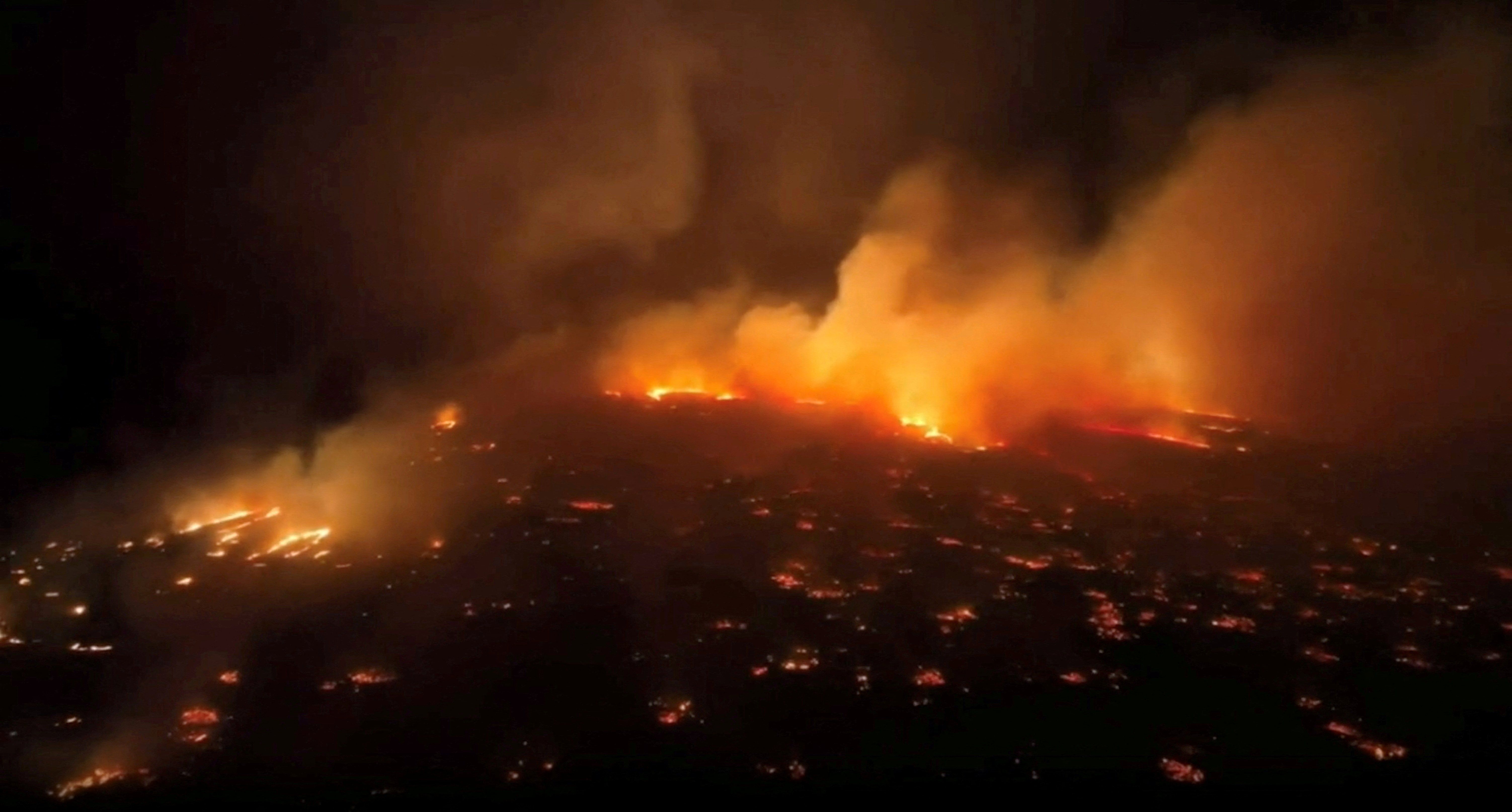Hawaii’s wildfires have claimed at least 36 lives. The historic, western coast town of Lahaina has been ripped apart, with 271 buildings destroyed by the blazes. Relatives of people living in the region are worried about missing family members, and thousands remain without power.
The fires broke out Tuesday afternoon, whipping through the island “like a blow torch,” fueled by dry conditions and accelerated by strong winds from Hurricane Dora passing to the south.
Hawaii Gov. Josh Green says much of Lahaina “has been destroyed and hundreds of local families have been displaced.” Flights were only able to resume yesterday when the winds eased enough to allow for safe passage. Multiple people on the island jumped into the ocean to escape the flames and smoke.
Meanwhile, the fires are still burning on Maui and on Hawaii's Big Island. The US military has sent in helicopters to assist with firefighting and search and rescue missions. Meanwhile, the Maui Fire Department has requested 20 firefighters be sent in from elsewhere in Hawaii.
